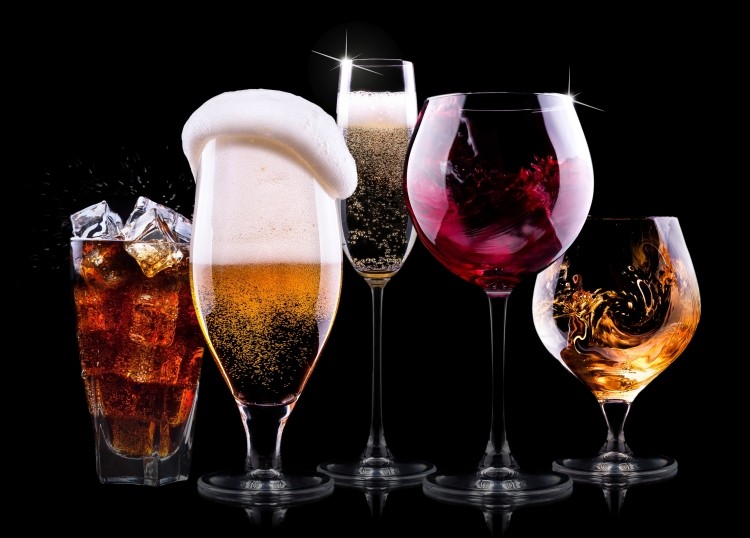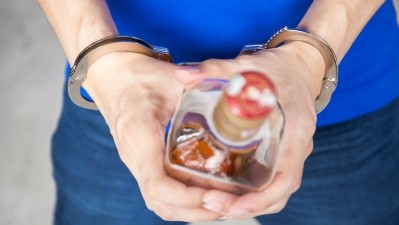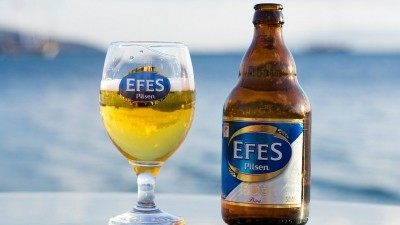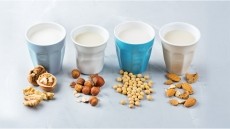Australian consumer group calls for mandatory kilojoule labelling for alcohol

With health ministers due to hold a public consultation on the subject in 2018, CHOICE has launched its campaign to put pressure on the government to ‘close the labeling loophole’ that exempts alcoholic beverages from displaying the same information as food and other beverages.
CHOICE’s campaign comes as momentum for alcohol calorie, nutrition and ingredients labeling gathers pace around the globe. In Europe, the European Commission has challenged the industry to come up with a harmonized self-regulatory proposal for nutritional and alcohol labeling.
Meanwhile, companies such as AB InBev, Carlsberg, Heineken, Treasury Wine Estates and Diageo have all made pledges to voluntarily include extra information, either on products or online, in some of their markets.
‘It’s no longer tenable that alcoholic beverages are exempt from providing essential information’
CHOICE says that alcohol is now the leading contributor to Australia’s discretionary kilojoule intake (kilojoules that come from products that offer little in the way of good nutrition).
Meanwhile, almost two-thirds of Australian adults are classified as obese or overweight.
Better labeling on alcoholic beverages would help consumers understand how many kilojoules they are consuming, says CHOICE.
“When you buy a product, you deserve to know what you are getting, and usually you do. But there is one glaring exception: alcoholic drinks.
“Due to a legal loophole, alcoholic drinks like beer, cider, wine and spirits don’t need to give any nutritional information. That means you don’t get to know the energy (kilojoules) in what you drink.
“This is especially worrying considering the amount of kilojoules found in alcoholic beverages; one bottle of cider can contain 868 kJs, the equivalent of eating a small McDonald’s fries.
“With almost two-thirds of Australian adults being classified as obese or overweight, it is no longer tenable that alcoholic beverages are exempt from providing this essential nutritional information.”
What information is already provided?
CHOICE notes that some alcoholic beverage companies do voluntarily provide nutritional information for some of their beverages, but says that information is generally only provided for lower kilojoule options.
“The alcoholic beverage industry believes that self-regulation is the best approach and this pre-emptive strategy is often used to derail efforts to introduce tighter regulation,” it says. “But allowing industry to voluntarily provide this information is inadequate for dealing with this issue.”















